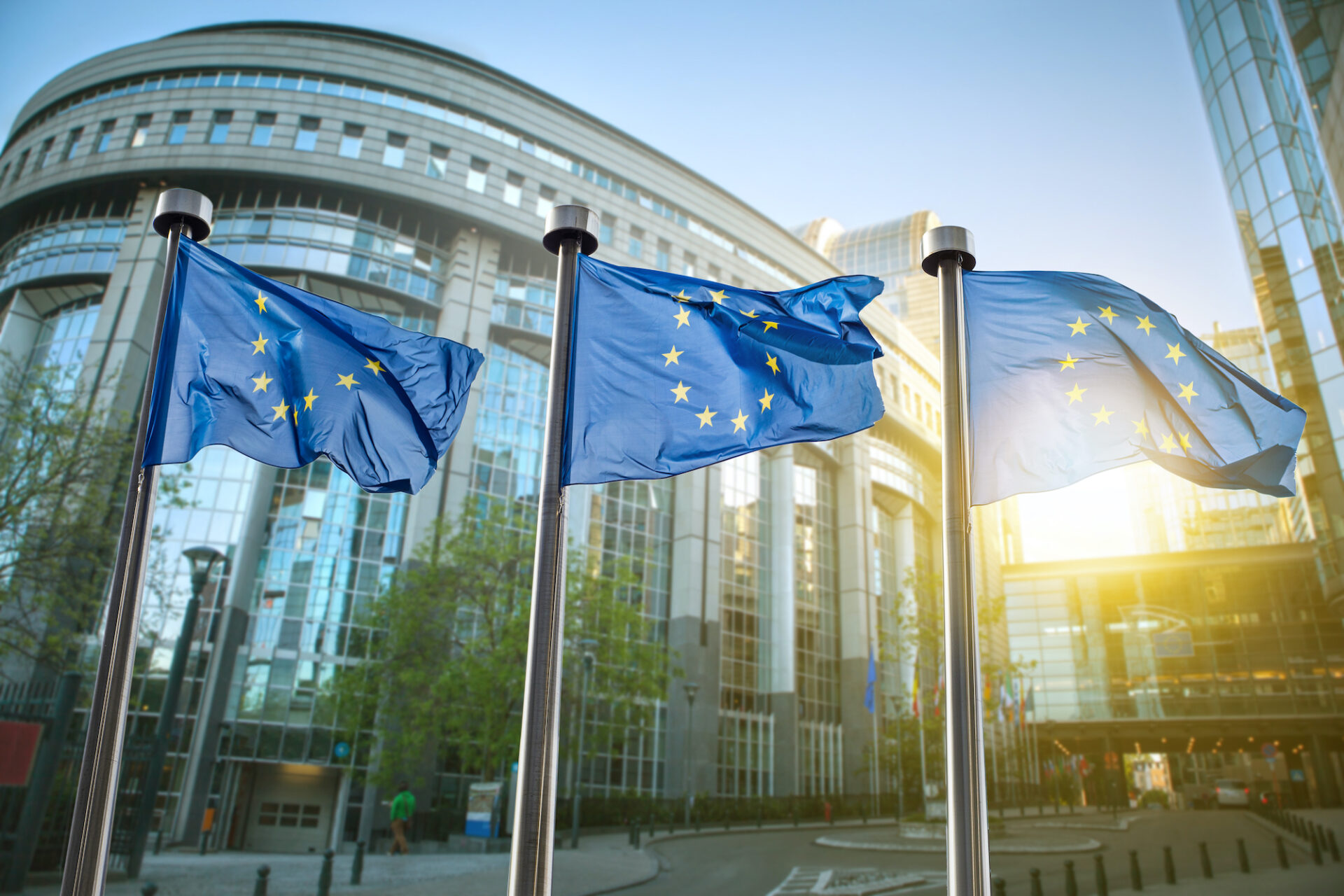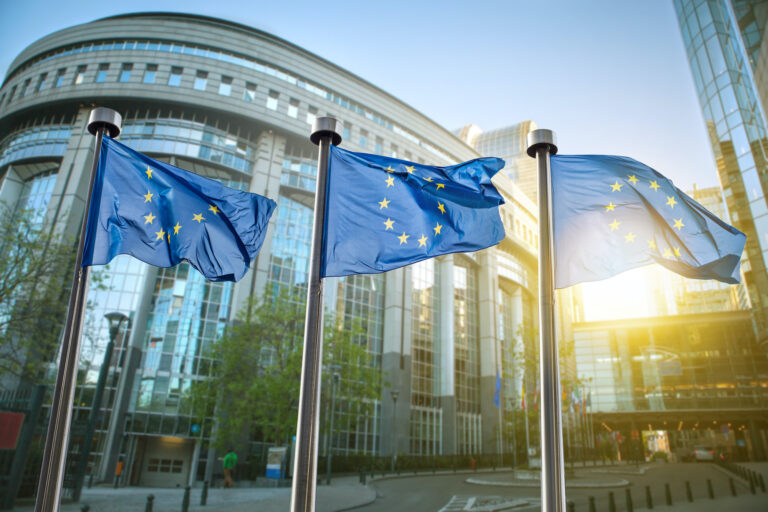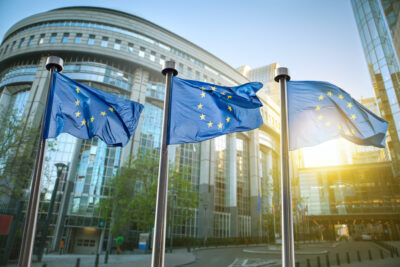For two years Political Capital, a Hungarian think tank, conducted with partners a research project on authoritarian influence in the European Union, and particularly in the European Parliament. This is a short summary of the results.
Authoritarian influence in the European Union primarily targets individual member states, not European institutions. The vast majority of the members of the European Parliament, the only directly elected EU institution, are highly supportive of strong European measures against autocratic interference, disinformation and human rights abuses. Therefore, hostile foreign states are more likely to target individual member states and politicians to have an impact on European foreign policy. 53% of the 680 MEPs we could categorize based on our criteria (casting the required number of votes) belong to the group of Integrationist Hawks, who both recommend taking a critical line on authoritarian regimes and seek to provide the EU the means to put these policies into practice.
Not all populists are the same when it comes to stepping up against authoritarian countries. Establishment-critical Hawks condemn authoritarian regimes and support measures to counter their influence but also either reject further EU integration in the field of foreign policy or disagree on key strategic questions. 26% of MEPs belong in this group, including the majority of the Eurosceptic ECR Group, such as the PiS, and key ruling parties from the CEE region, like ANO 2011. Sovereignist balancers are willing to condemn autocrats on a case-by-case basis. The group made up of rightwing representatives is highly critical of China, and even votes against Russian interests on some occasions. However, they clearly reject EU action against disinformation or a more coordinated EU foreign policy. This group, making up 8% of all MEPs, includes forces such as Lega, Fratelli d’Italia and Vox. Hypocritical pacifists are almost never critical of Russia, but sometimes condemn actions by China or other authoritarian regimes. This group encompassing 6% of MEPs includes political parties such as the FPÖ or Syriza. Eurosceptic dictator-huggers are the only group that seem to reject any and all forms of foreign policy cooperation or action against authoritarians. This group, including around 8% of MEPs, has the AfD and the French National Rally in its ranks.
Chinese soft and sharp power efforts are relatively unsuccessful within the European Parliament. China is supported blindly and openly by some far-left political forces. A substantial part of the farright ID group is rather critical of China, particularly Lega. Thus, the Chinese regime is likely to rely on a combination of hard and sharp power directed at the national and personal levels to gain allies in Europe. This combination includes leveraging attempts exploiting China’s massive internal market and economic prowess, efforts to – at the very least – create the perception that Beijing offers advantages to states that support its interests, and benefits for local elites via economic cooperation and people-to-people contacts.
The Kremlin has much broader appeal. Ideologically, Moscow’s policies might be considered as examples to follow by the far right. However, the Putin regime has successfully been able to portray itself as a superpower economically, militarily, politically, which ensures that both the far right and the far left see it as a counter-pole to US influence and a role model. This might also be a reason why some mainstream forces argue for resetting relations with Russia.
Authoritarian alliances with European political forces might not last forever. A very significant shift in the past year is that Lega changed its voting behavior on Russia substantially in late 2020. The formerly pro-Russian Jobbik’s sole MEP is highly critical of the Kremlin in the European Parliament. However, there are examples for the reverse of this trend, a party becoming more pro-Russian over time, too. This reverse trend was exhibited primarily by the Les Républicains party, whose Kremlin-critical Index score degraded considerably over the research period. These moves are often dictated by domestic political circumstances – e.g.; preparing to become a major coalition partner in the former case, or losing a party’s most pro-Western politicians to another force in the latter one.
There is an almost unanimous support for action against authoritarian regimes other than Russia or China. For instance, over 80% of representatives supported action against the Lukashenko and Assad regimes, while criticism against authoritarian practices in Chad, Haiti or Pakistan was supported by over 90% of MEPs. However, MEPs in all caucuses support such resolutions somewhat selectively in a limited number of cases. The center-left is more reluctant to condemn left-leaning regimes, while the center-right is more likely to avoid criticizing right-leaning regimes and policies that fit their own agenda (e.g., tougher stance on migration).
The fight against disinformation can be more contentious. The Greens and the ECR are considerably less likely to support EP proposals on disinformation than the other three mainstream caucuses, but their refusal of such initiatives is based on policy disagreements. The Greens have raised concerns about the freedom of speech, they – for instance – said it needs to be clarified who decides how problematic contents are removed from online platforms. The ECR has raised questions about the alleged ideologization of the concept of hate speech, fearing that platforms might remove contents that simply disagree with certain viewpoints. In contrast, the far right and the far left uses pro-Kremlin narratives to attack the EU in these debates; e.g., accusing the EU of spreading disinformation itself.
The formulation of a common EU foreign policy will prove to be the toughest challenge, as the parliamentary majority behind such action is the slimmest. For instance, the report on the implementation of the Union’s Common Foreign- and Security Policy in 2020 – advocating for qualified majority voting in the EU in some cases in international affairs – was approved by only around 50% of representatives casting a vote. However, this is among the most important areas covered by the Parliament, as the Union will presumably remain unable to follow actions proposed by a wide range of MEPs against Russia, China and other authoritarian regimes with unanimity voting in place.
The European Parliament will likely continue carving an even greater role for itself in foreign policy. This is, for instance, visible in how MEPs pushed for further sanctions against members of the Belarusian regime, and their decision to freeze the ratification of the EU-China Comprehensive Agreement on Investment. Backed by a large majority of MEPs, the institutions could exert further pressure on the Council to follow its recommendations.
Read more about the research project on https://politicalcapital.hu







